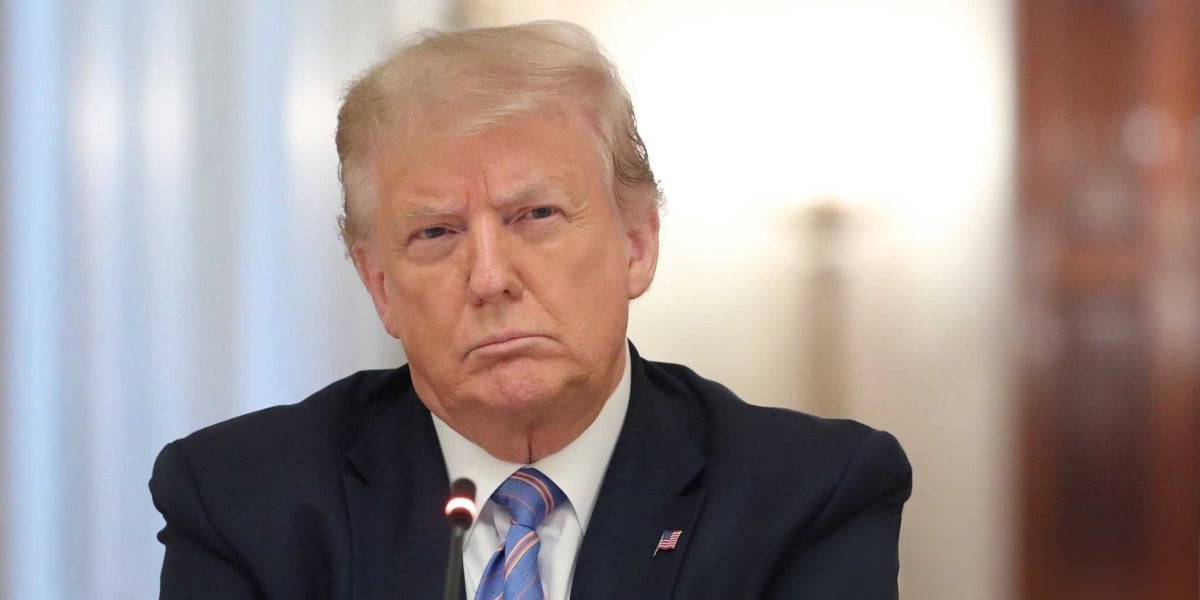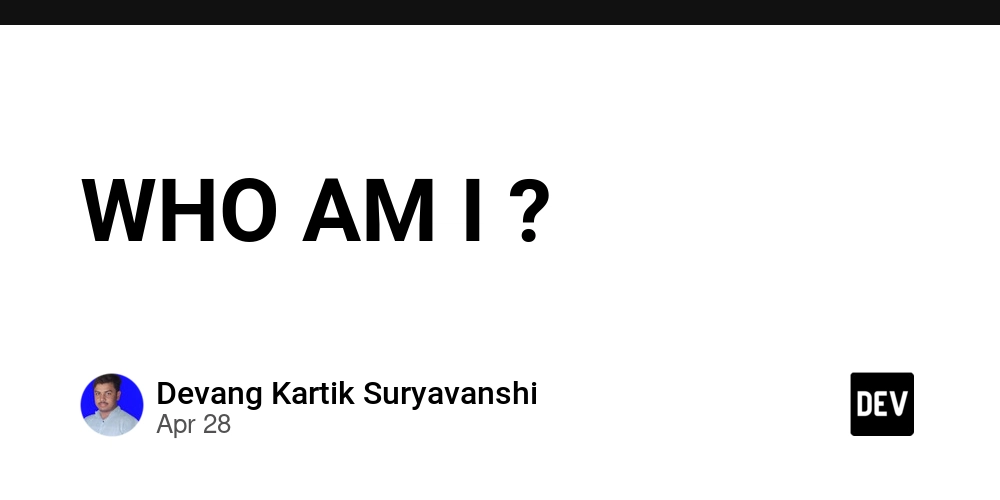Do Economic Sanctions Achieve Their Goals, Or Punish the Innocent?
Have you ever seen headlines like “US imposes new sanctions on Iran” or “Western sanctions aim to cripple Russia” and wondered, what...


Have you ever seen headlines like “US imposes new sanctions on Iran” or “Western sanctions aim to cripple Russia” and wondered, what even are sanctions? Are they like blocking someone on Instagram, but at the level of entire countries?
Sanctions are everywhere in international politics. They are a tool used to pressure governments, groups, or individuals into changing behavior without resorting to war. Yet despite their popularity, sanctions often lead to surprising outcomes. Some countries have been sanctioned for decades and still operate relatively normally. This raises an important question: Do sanctions actually work, or do they just end up punishing the ordinary people?
Let’s explore this global phenomenon in depth.
What Are Sanctions?
Sanctions are penalties or restrictions that one or more countries impose on another country, organization, or individual. These can involve cutting off trade, freezing assets, banning travel, or severing diplomatic ties. In essence, sanctions are a way to isolate and punish without firing a single shot.
Sanctions can target a broad range of actors: entire countries like North Korea, specific industries like weapon manufacturing, groups such as terrorist organizations, or even individuals like political leaders and wealthy elites. Depending on the situation, sanctions can be economic, diplomatic, military, or even sporting.
For example, after Russia’s invasion of Ukraine in 2022, major companies like Visa, Mastercard, McDonald’s, Apple, and Netflix exited Russia, and the ruble’s value dropped sharply overnight. This economic isolation was intended to pressure Russia into altering its behavior.
Why Do Countries Use Sanctions?
Sanctions are often deployed when direct military intervention is too costly, dangerous, or politically unpopular. They serve as a middle ground: stronger than doing nothing but less risky than going to war.
Typically, countries impose sanctions for reasons such as:
- Human rights violations
- Territorial aggression
- Development of illegal weapons
- Interference in foreign elections or sovereignty
However, sanctions are not always purely moral actions. Sometimes they are motivated by politics, rivalry, or historical tensions. The United States’ sanctions against Cuba, ongoing since 1962, are a prime example. Even though the Cold War has long ended and the geopolitical threat has diminished, the embargo remains, influenced by domestic politics and proximity concerns.
It is also important to note that not only major powers like the United States, the European Union, or the United Nations impose sanctions. Smaller nations, such as Singapore, have also applied sanctions independently, like during the Russia-Ukraine conflict.
Do Sanctions Actually Work?
The answer is complicated. Sometimes, sanctions are highly effective. Other times, they fail to produce the desired change.
One of the clearest success stories is the international sanctions campaign against apartheid South Africa. A combination of trade restrictions, diplomatic isolation, and sports boycotts eventually pressured the South African government to dismantle its racially discriminatory system.
On the other hand, numerous examples show sanctions failing to achieve major goals:
- North Korea has endured decades of sanctions and continues developing nuclear weapons.
- Russia, even after being hit with over 13,000 sanctions following the Ukraine invasion, remains active on the world stage.
- Myanmar's military regime remains in power despite heavy international sanctions.
According to a study by the Peterson Institute for International Economics (2023), only about 34% of sanctions successfully achieve significant political change.
Why Sanctions Often Fail
Sanctions Hurt Ordinary People More Than Leaders
Broad economic sanctions often harm ordinary citizens by causing inflation, unemployment, and shortages, while political elites find ways to maintain their wealth and power. In Myanmar, garment workers lost jobs due to sanctions, but the military leadership remained unaffected.
Authoritarian Regimes Use Sanctions as Propaganda
In tightly controlled societies, leaders often portray sanctions as acts of aggression by foreign enemies. This narrative can strengthen domestic support for the government instead of weakening it. In North Korea, sanctions have been used to justify isolationist policies and to foster nationalistic sentiments.
Sanctions Can Trigger Greater Self-Reliance
Sanctions sometimes push countries to develop alternative systems. After the 2014 Crimea annexation and initial Western sanctions, Russia accelerated efforts to become more economically independent. It created domestic payment systems, diversified its economy, and strengthened ties with countries like China and India.
Sanctions Can Hurt the Imposing Countries Too
The cost of sanctions does not fall solely on the targeted nation. After banning Russian airlines from European airspace, European carriers faced significant financial losses. Longer flight routes and higher fuel costs contributed to an estimated €2 billion in extra expenses, according to Eurocontrol data.
Loopholes Undermine Sanctions
Even when sanctions are imposed, goods often find their way into the sanctioned country through third-party states. For example, German cars sold to dealers in Georgia and Kazakhstan are sometimes smuggled into Russia despite official restrictions. Without strict international enforcement, sanctions can become porous and ineffective.
How Sanctions Can Actually Work
Despite the challenges, sanctions are not inherently doomed to fail. When designed and implemented carefully, they can be effective tools of diplomacy.
Targeted Sanctions Over Blanket Measures
Targeted sanctions that focus specifically on elites, such as freezing personal assets and banning luxury imports, are far more effective than broad measures that harm the general population. When political leaders and their wealthy supporters feel personal pain, the incentive for policy change increases.
Global Cooperation and Enforcement
Sanctions are most effective when widely supported. If only a few countries impose sanctions, the targeted nation can simply trade with others. However, when major economies coordinate and enforce restrictions collectively, it becomes much harder for the sanctioned country to find alternatives.
A United Nations report in 2024 found that multilateral sanctions, backed by countries representing over 75% of global GDP, had a 50% success rate compared to just 18% for unilateral efforts.
Clear Incentives and Timelines
Offering a clear path for sanctions to be lifted in response to positive behavior is crucial. If sanctions are permanent with no opportunity for relief, the targeted country has little reason to change. Dynamic sanctions—where penalties tighten or loosen based on behavior—can be more effective.
Conclusion: Sanctions Are Powerful, But No Magic Bullet
Sanctions are a tool of pressure, not a guarantee of change. They work best when:
- Carefully targeted at decision-makers and elites.
- Supported by international coalitions.
- Linked to clear and achievable objectives.
When poorly designed or poorly enforced, sanctions tend to backfire, strengthening regimes, hurting populations, and damaging the credibility of the sanctioning powers themselves.
In the end, sanctions are less a knockout blow and more a slow, strategic battle. They can support diplomatic goals, but rarely do they achieve total victory on their own. Understanding their limits is as important as recognizing their potential.


































































































































































![[The AI Show Episode 143]: ChatGPT Revenue Surge, New AGI Timelines, Amazon’s AI Agent, Claude for Education, Model Context Protocol & LLMs Pass the Turing Test](https://www.marketingaiinstitute.com/hubfs/ep%20143%20cover.png)










































































































































































































































































_Muhammad_R._Fakhrurrozi_Alamy.jpg?width=1280&auto=webp&quality=80&disable=upscale#)
_NicoElNino_Alamy.jpg?width=1280&auto=webp&quality=80&disable=upscale#)















































































































![Apple Releases iOS 18.5 Beta 4 and iPadOS 18.5 Beta 4 [Download]](https://www.iclarified.com/images/news/97145/97145/97145-640.jpg)
![Apple Seeds watchOS 11.5 Beta 4 to Developers [Download]](https://www.iclarified.com/images/news/97147/97147/97147-640.jpg)
![Apple Seeds visionOS 2.5 Beta 4 to Developers [Download]](https://www.iclarified.com/images/news/97150/97150/97150-640.jpg)
![Apple Seeds tvOS 18.5 Beta 4 to Developers [Download]](https://www.iclarified.com/images/news/97153/97153/97153-640.jpg)

































































































